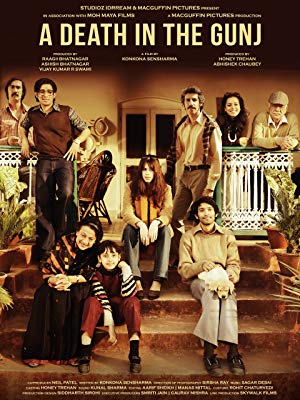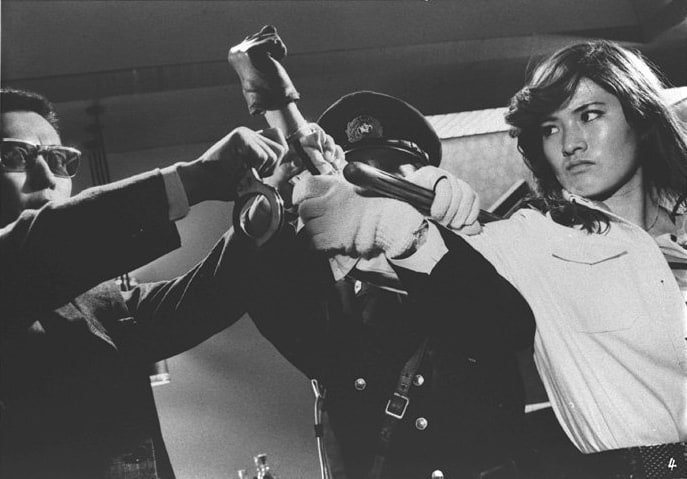Satoshi: A Move for Tomorrow (Yoshitaka Mori, Japan)
Despite the dramatic intro, the film actually starts with a somewhat cheery tone, as Satoshi is portrayed as a book (manga) worm with no social skills, who lives a life filled with quirkiness. However, as time passes, the drama and the realism take over, as Satoshi's situation becomes more and more dire, and he is vacuumed in a downward spiral that threatens his own life. His obsession to win, his frequent drunken stupors that have him going against everyone who seems to care for him and his health make for a truly dramatic base, and form one of the two basic elements of the film.
A Taxi Driver (Jang-hoon, S. Korea)
Jang Hoon succeeds in making the impact of the horrid events even more intense, with the scenes during the end achieving exactly that and much more. This transformation of genres is personified in Man-seop, who changes by witnessing the events, as much as the film does. In that fashion, Song Kang-ho gives a wonderful performance in a very difficult role that has him changing radically, both in behaviour and in style. Yoo Hae-jin as Hwang Tae-sool delivers his usual performance that borders on the comic but remains serious. Ryu Jun-yeol as Jae-sik exemplifies his character's somewhat naivety, but also his courage and determination. Um Tae-goo is once more great in the role of the main villain. The surprise, though, comes from Thomas Kretschmann, an awarded German actor, who provides one of the best performances by a foreigner ever witnessed in a Korean film as Peter.
Buy This Title

An Insignificant Man (Khusboo Ranka and Vinay Shukla)
The documentary revolves around Arvind Kejriwal, and the rise of anti-corruption protests in India that led him to form the Aam Aadmi Party (Common Man's Party), with the help of Yogendra Yadav, an academic of politics. The documentary captures the day-to-day functioning of the Party between December 2012 and December 2013, ending with the New Delhi elections. The presentation is quite detailed, as it describes the forming of the party, starting with the basics and ending with the 2013 elections, although at the end of the film, its current situation is also revealed. In that fashion, it begins with the first meetings between Kejriwal and the volunteers, and chronicles their door-to-door approach to their voters, their desperate efforts to change India starting with New Delhi, and their struggles against their well-established opponents.
Birdshot (Mikhail Red, Philippines)
Since CJ Entertainment was involved in the production, I expected one of those crime thrillers that have given Korean cinema the place it holds at the moment in international cinema, and for the most part, I was not wrong. However, Mikhail Red went a step forward, by combining Korean crime-thriller aesthetics with a sense of the supernatural (not presence, just a sense) so frequently appearing in Filipino cinema, which worked quite well in the film, as it captivates the interest of the spectator from the beginning. Furthermore, the mystery that permeates the story keeps it interesting until the end, despite the fact that, as the story progresses, the director seems to forget what he wanted to do, to the point that the ending part was not conclusive of the main story, despite the fact that the final message is rather impressive in its ambiguity.
Buy This Title
A Death in the Gunj (Konkona Sen Sharma, India)
Konkona Sen Sharma directs a film that starts as a family drama, but the sense that something bad is going to happen (which starts with the initial scene) is there and becomes more palpable as the story progresses. The “medium” of this transcendence of genres (from family drama to thriller) is Shutu, and particularly his relationship with the other members of the party. The women seem to enjoy his timid and gentle nature, but that does not apply to the men, with Nandu constantly exhibiting “tough love” towards him, and Vikram essentially never stopping bullying him. Sharma builds the tension through his character, initially through a number of scenes that present him in the brink of a nervous breakdown, to the truly shocking finale.
















